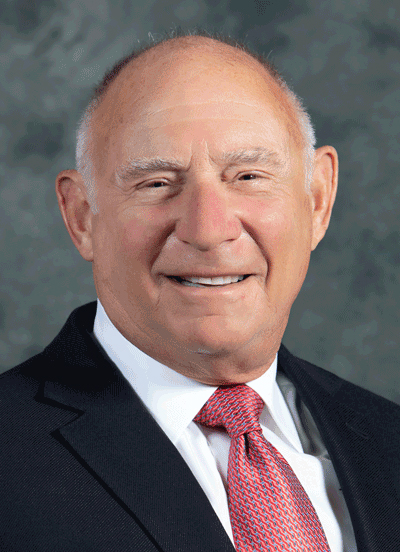
The top priorities for California’s next governor ought to reflect what is on the minds of Californians.
With our diverse population, geography and business community, no single issue hits all our needs, unless the economy is bad. Then there is no other issue. It affects our quality of life and our spending habits. For government, it squeezes revenue needed to provide education, public safety, infrastructure and water supply and quality.
Today, for most Californians, the economy is good. That gives us all a chance to address unmet needs.
Unmet Needs
At the top of the list—education funding and quality so we can develop our workforce of tomorrow. Transportation is a daily concern; excessive traffic affects the ability to move goods and get our population to work and school.
Other services we unfortunately take for granted. Most turn on the faucet and high-quality water flows out, so we don’t think of water as a major issue. But it cannot be stated more clearly than this:
Water supply and quality are the lifeblood of California. We have had a couple of good years of precipitation, but the next dry spell can quickly be upon us. To prepare, we need to improve the supply and delivery infrastructure, especially when a warming earth creates less snowpack and more rain.
Public safety and the courts may not be needed by most of us on a regular basis, but they need to be there, fully funded and functioning to serve the public.
Health care is a complicated issue that continues to be at the forefront. Working Californians are mostly satisfied with coverage through their employers, except for rising costs. Many other Californians are on Medi-Cal or Medicare, though they also get services from the private sector. Therefore, as we address health care issues, we must maintain what works—the private sector delivery system —while keeping prices affordable.
For businesses to maintain the strong economy, policymakers should not take their needs for granted. Affordable and reliable energy, including electricity and transportation fuel, is a fundamental requirement. We may have a laudable goal of increasing electric vehicle use, but the reality is that 90% of us use internal combustion cars and 100% of shipping vehicles use petroleum fuels. It is critical that as we lead the country with our environmental agenda, we balance the costs and benefits, especially when one-third of Californians now live at or below the poverty line.
The next governor also needs to pay attention to more narrow issues, such as the role of independent contractors in the gig economy. Workers who want the flexibility of independent contracting and businesses who rely on those contractors should not be constrained by outdated government regulations.
Above all, as I listen to Californians, one recurrent theme emerges. Even those benefiting from the strong economy express concern that their children will not be able to afford to live in California.
Housing costs are at the top of their list of worries. The solution requires a partnership between the private sector and government. It should not be the role of government to build affordable housing, but it is appropriate to encourage investment by the private sector.
And for the 20 million Californians who will need to get a Real ID before 2020 to get on an airplane, they will want an efficient process at the Department of Motor Vehicles. For me, this took less than 30 minutes—including the time needed to take a routine test to renew my driver’s license—because I had all the necessary documents.
Unfortunately, that doesn’t take into account the three days I spent searching for my Social Security card. I would wager that this issue will become top of mind for many Californians all too soon.
Allan Zaremberg is president and CEO of the California Chamber of Commerce. This commentary first appeared in The Sacramento Bee.

